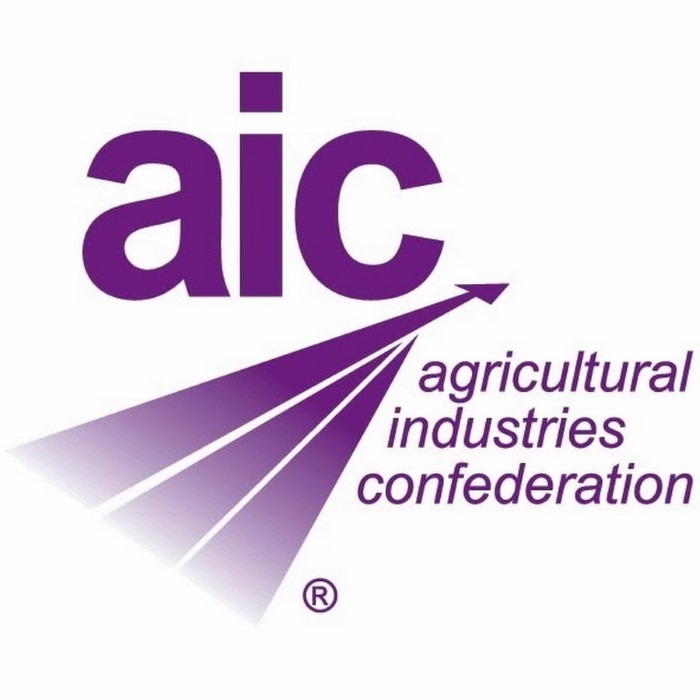Farmers who call on the expertise of trained feed advisers can not only use nutrients efficiently, but also play their part in reducing greenhouse gas emissions from their livestock thanks to the training provided over the past six years by the Feed Adviser Register (FAR). This is more important than ever as discussions about how to move towards a ‘zero carbon’ agriculture continue to develop.
Today, over 1,000 advisers have been recognised by the Register as having undertaken training and on-line assessments that demonstrate the knowledge they have gained.
FAR technical manager, Inge Verwoerd says: “Since FAR was established it has set training standards for feed advisers, and introduced training modules that go from the basics of livestock nutrition into a sophisticated understanding of how feed can impact greenhouse gas production from livestock farming.
“In the past six years the environmental aspects of livestock feed advice have grown in importance with the industry looking to achieve zero carbon farming. Feed advisers have never been more important and the task of reducing the environmental impact of livestock farming has never been more critical.
“Farmers should ensure that they are using members of FAR for feed advice, and we would urge them to discuss how they can reduce environmental impacts with their FAR feed adviser.”
The most recent FAR training module (Module 4) covers the subject of how the understanding of nutrition and feeding management can be used to mitigate environmental impact. Members of the Register have until the end of this month (May) to complete the module in order to maintain their FAR status.


